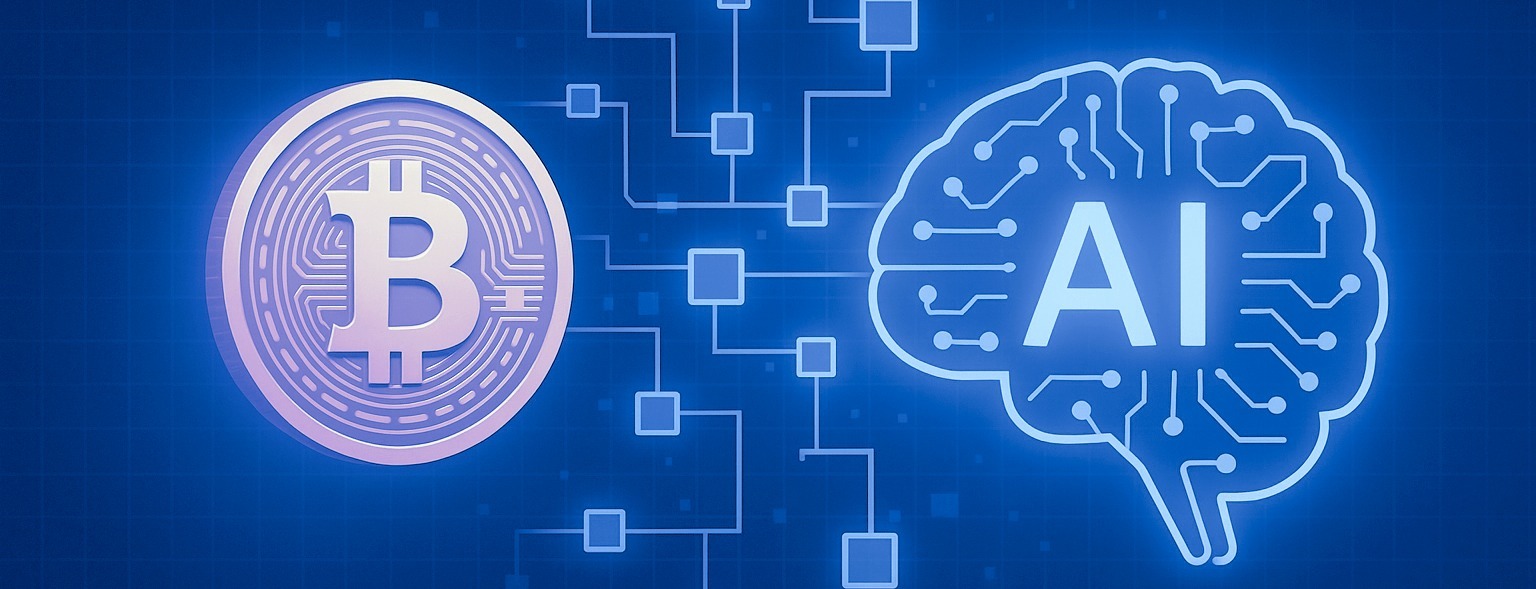
Cryptocurrencies contain numerous terms that may seem a little foreign at first. Mastering the terminology of cryptocurrencies helps to understand the cryptocurrency world. This article aims to make the reader familiar with the terminology of cryptocurrencies.
Last updated: 10.03.2022 15:22The most important terms in cryptocurrencies
Altcoin
The term altcoin refers to all cryptocurrencies except bitcoin.
ASIC
The term ASIC (Application Specific Integrated Circuit) is familiar from bitcoin mining. ASIC means a microcircuit developed for a specific purpose. Bitcoin mining today is invariably carried out with highly efficient ASIC machines optimized explicitly for bitcoin mining.
ATH
ATH comes from words: All-time high. People are using the term ATH in situations where the cryptocurrency has risen to a record high price.
Bitcoin
Bitcoin is the world’s oldest and best-known digital cryptocurrency utilizing blockchain technology.
Blockchain
Blockchain refers to a technology that allows different parties in a blockchain to create and maintain various distributed and shared databases. The world’s first application utilizing blockchain technology was the cryptocurrency Bitcoin.
DeFi
DeFi (decentralized finance) is a generic name for decentralized services developed primarily for the Ethereum ecosystem. In practice, DeFi means that traditional financial services are brought on a decentralized blockchain, eliminating the need for third parties such as banks.
Ethereum
Ethereum is a decentralized ecosystem with its own blockchain. Ethereum serves as a platform for various distributed applications and services.
FOMO
In the case of cryptocurrencies, FOMO (fear of missing out) means that investors will leave out of the returns made possible by rapidly rising exchange rates. In most cases, FOMO results in the investor buying cryptocurrencies at high exchange rates, with a significant risk of a decline in their investments’ value.
Fork
Forks are program code updates for cryptocurrencies. The program code for cryptocurrencies can update in two different ways. These ways are hard fork and soft fork.
Genesis Block
Genesis Block is the first block of the blockchain. Bitcoin's Genesis Block mined in January 2009.
HODL
HODL, or more familiarly hold, means that an investor, regardless of the market situation, keeps his cryptocurrencies in his wallet and does not sell them.
KYC
KYC, or Know Your Customer, is the designation for how cryptocurrency trading venues verify service users’ identity.
Mining
Cryptocurrency mining is the maintenance work of cryptocurrency’s blockchain. The purpose of mining is to build new blocks in the blockchain.
Node
A node is a server that participates in the maintenance work of a blockchain. For example, anyone can set up a node in a Bitcoin blockchain.
Satoshi Nakamoto
Satoshi Nakamoto is the founder of Bitcoin. The real identity of Satoshi Nakamoto is still unknown.
Satoshi
It is possible to divide one Bitcoin into 100 million smaller units, named after the Bitcoin creator Satoshi Nakamoto. One satoshi is the smallest amount that is possible to send to another in the Bitcoin blockchain.
Smart contract
Smart contracts are programs that programmers can program into a blockchain. Smart contracts perform the functions assigned to them automatically. No one can’t change smart contracts backward, and they are impossible to manipulate. Smart contracts eliminate the need for third parties.
Token
A token is a cryptocurrency created inside a blockchain. For example, it is possible to create different tokens in the blockchain of Ethereum. Tokens can have several different uses, but usually, tokens’ primary function is to act as an exchange tool in transactions.
Wallet
It is possible to keep cryptocurrencies in your own wallet or on a cryptocurrency exchange. In practice, cryptocurrencies locating most often in the blockchain. A cryptocurrency wallet is only a graphical interface for managing cryptocurrencies. It is possible to access the cryptocurrencies stored in the blockchain with the private key. In your own cryptocurrency wallet, the private key’s control transfers from the cryptocurrency marketplace to the user himself.
White paper
White paper means a project plan. The white papers for cryptocurrencies contain information about cryptocurrency and its upcoming updates. The world’s most famous white paper is Bitcoin’s white paper.
Mikko Soon Cryptocurrency specialist





